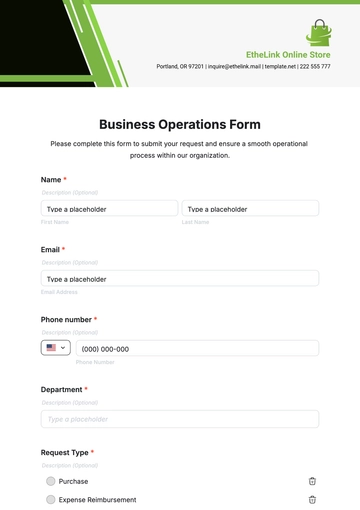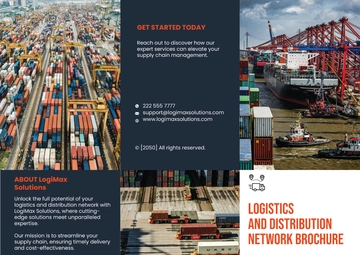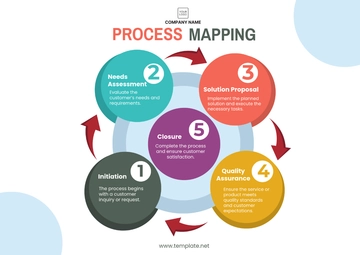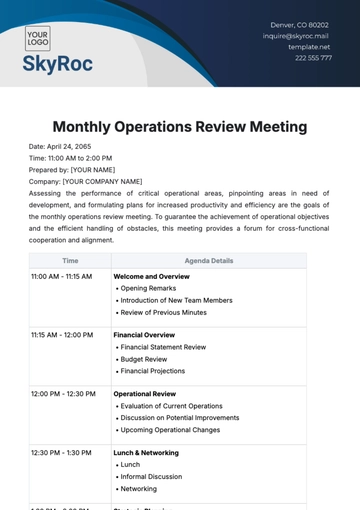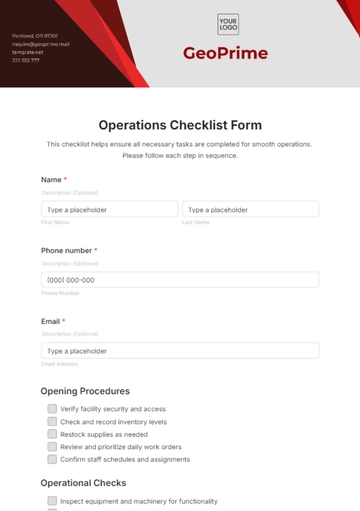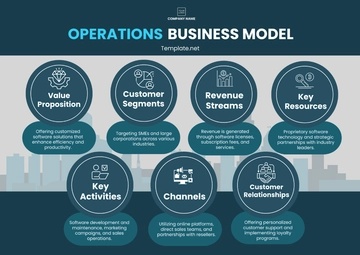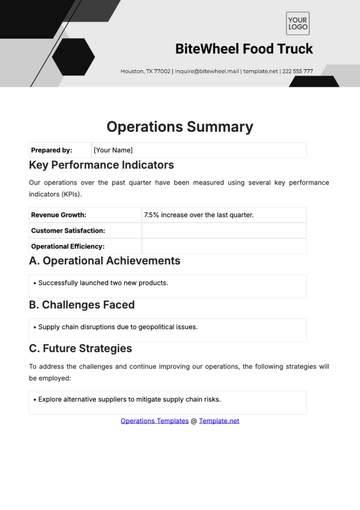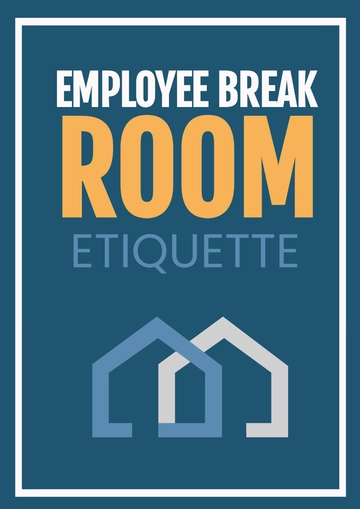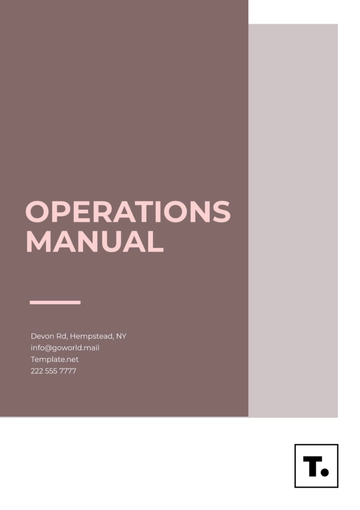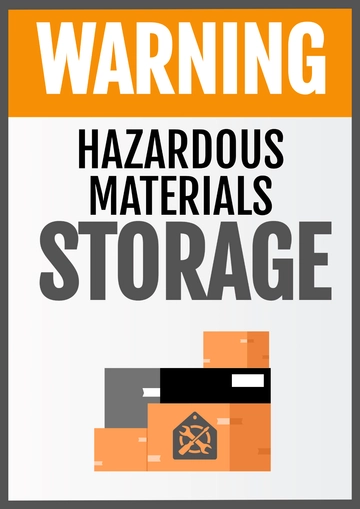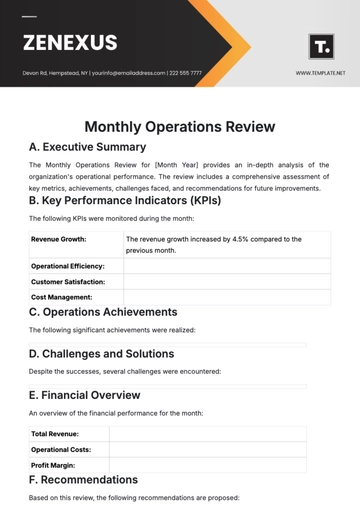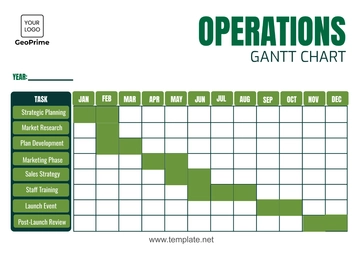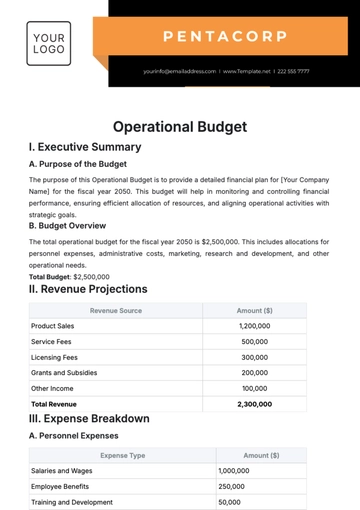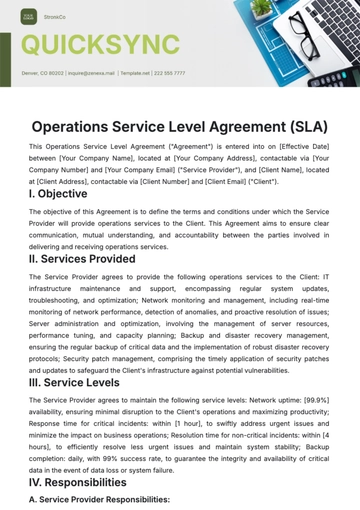Free Supply Chain Compliance
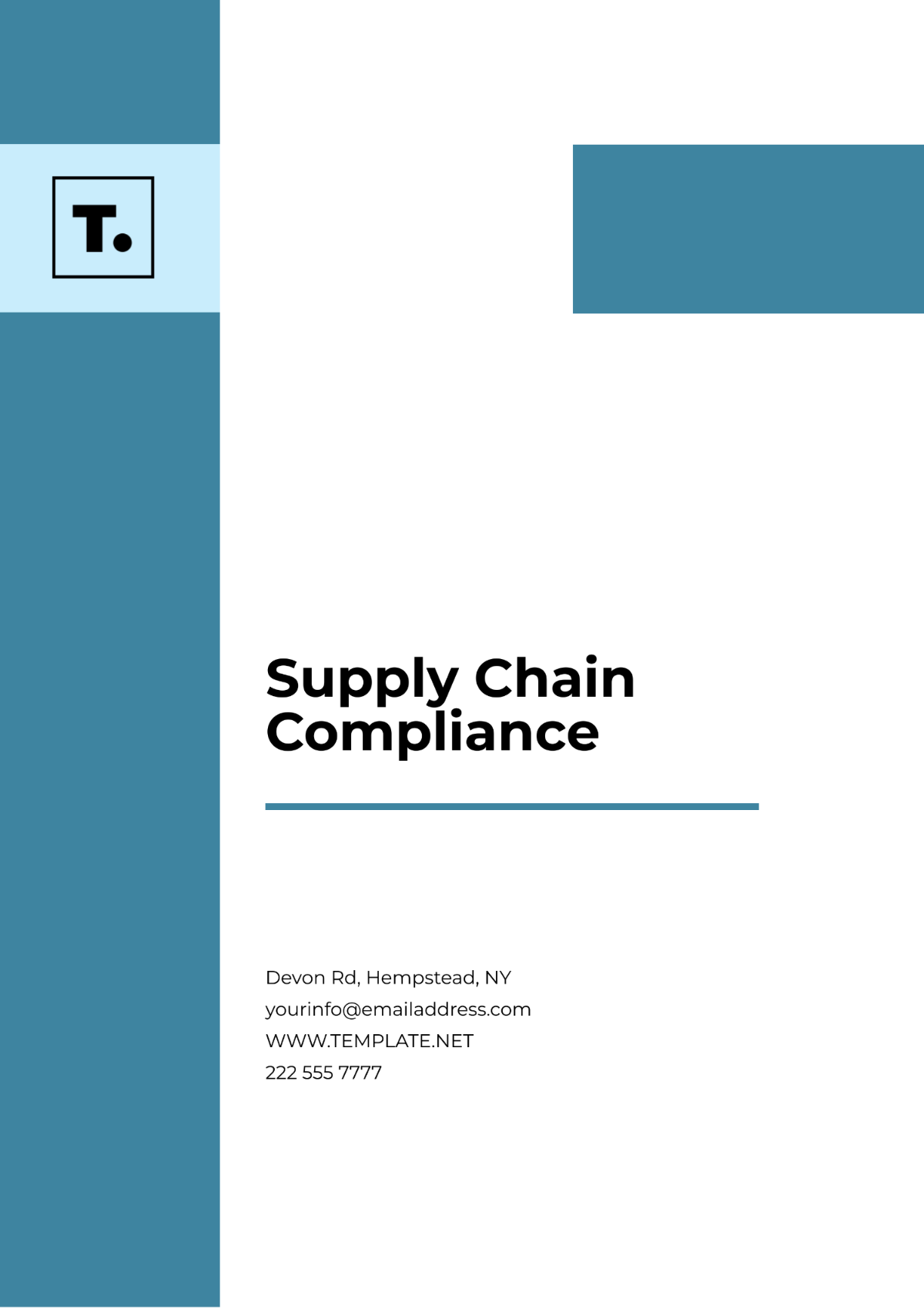
I. Introduction
Supply chain compliance refers to the adherence to laws, regulations, standards, and ethical practices in managing a network of suppliers, manufacturers, and distributors. Effective compliance ensures the integrity, sustainability, and ethical sourcing of products, thereby protecting [YOUR COMPANY NAME] from legal and reputational risks.
II. Regulatory Requirements
[YOUR COMPANY NAME] must comply with a range of regulatory requirements that govern different aspects of the supply chain.
International Trade Regulations: Compliance with import/export controls, tariffs, and trade agreements.
Environmental Regulations: Adherence to laws that govern waste management, emissions, and sustainability practices.
Labor and Human Rights: Ensuring fair labor practices, worker safety, and adherence to anti-slavery regulations.
Product Safety and Quality: Compliance with standards that ensure the safety, reliability, and quality of products.
III. Risk Management
Managing risks in the supply chain involves identifying, assessing, and mitigating potential risks, including operational, financial, and reputational risks.
Risk Type | Description |
|---|---|
Operational Risks | Risks related to disruptions in the supply chain, such as natural disasters, supplier insolvency, and logistical issues. |
Financial Risks | Risks involving financial instability or fluctuations in costs and prices. |
Reputational Risks | Risks stemming from unethical practices, non-compliance, or negative public perception. |
IV. Ethical Sourcing
Ethical sourcing ensures that products are obtained in a responsible and sustainable manner, which includes:
Verifying that suppliers adhere to fair labor standards and provide safe working conditions.
Ensuring that sourcing practices do not harm the environment or violate local laws.
Promoting transparency and traceability within the supply chain.
V. Monitoring and Auditing
Regular monitoring and auditing of supply chain activities are critical to ensuring ongoing compliance.
Monitoring practices include:
Supplier self-assessments and reporting.
Use of compliance software to track and manage supplier performance.
Auditing practices include:
On-site inspections and evaluations.
Third-party audits and certifications.
VI. Training and Education
Training programs should be instituted to educate employees and suppliers on compliance requirements and ethical practices. This may include:
Workshops and seminars on regulatory requirements.
Online courses and certification programs.
Regular updates and refresher courses on new and emerging regulations.
VII. Conclusion
Effective supply chain compliance requires a comprehensive approach involving regulatory adherence, risk management, ethical sourcing, monitoring, and continuous education. By implementing robust compliance programs, [YOUR COMPANY NAME] can mitigate risks, protect their reputation, and ensure sustainable business practices.
VIII. References
International Trade Administration. "Importing and Exporting." https://www.trade.gov/importing-and-exporting
Environmental Protection Agency. "Laws & Regulations." https://www.epa.gov/laws-regulations
International Labour Organization. "Labor Standards." https://www.ilo.org/global/standards/lang--en/index.htm
ISO. "Quality Management." https://www.iso.org/quality-management.html
IX. Appendices
Appendix A: Sample Supplier Code of Conduct
A sample code of conduct that outlines the ethical and legal standards suppliers are expected to adhere to.
Compliance with all applicable laws and regulations.
Prohibition of forced labor and child labor.
Ensuring health and safety in the workplace.
Environmental stewardship and sustainable practices.
- 100% Customizable, free editor
- Access 1 Million+ Templates, photo’s & graphics
- Download or share as a template
- Click and replace photos, graphics, text, backgrounds
- Resize, crop, AI write & more
- Access advanced editor
This professionally crafted Supply Chain Compliance Template offered by Template.net provides a structured approach to ensuring that all aspects of your supply chain adhere to regulatory standards. Fully customizable and editable in our Ai Editor Tool, it allows you to tailor the compliance measures to fit your unique business processes.

